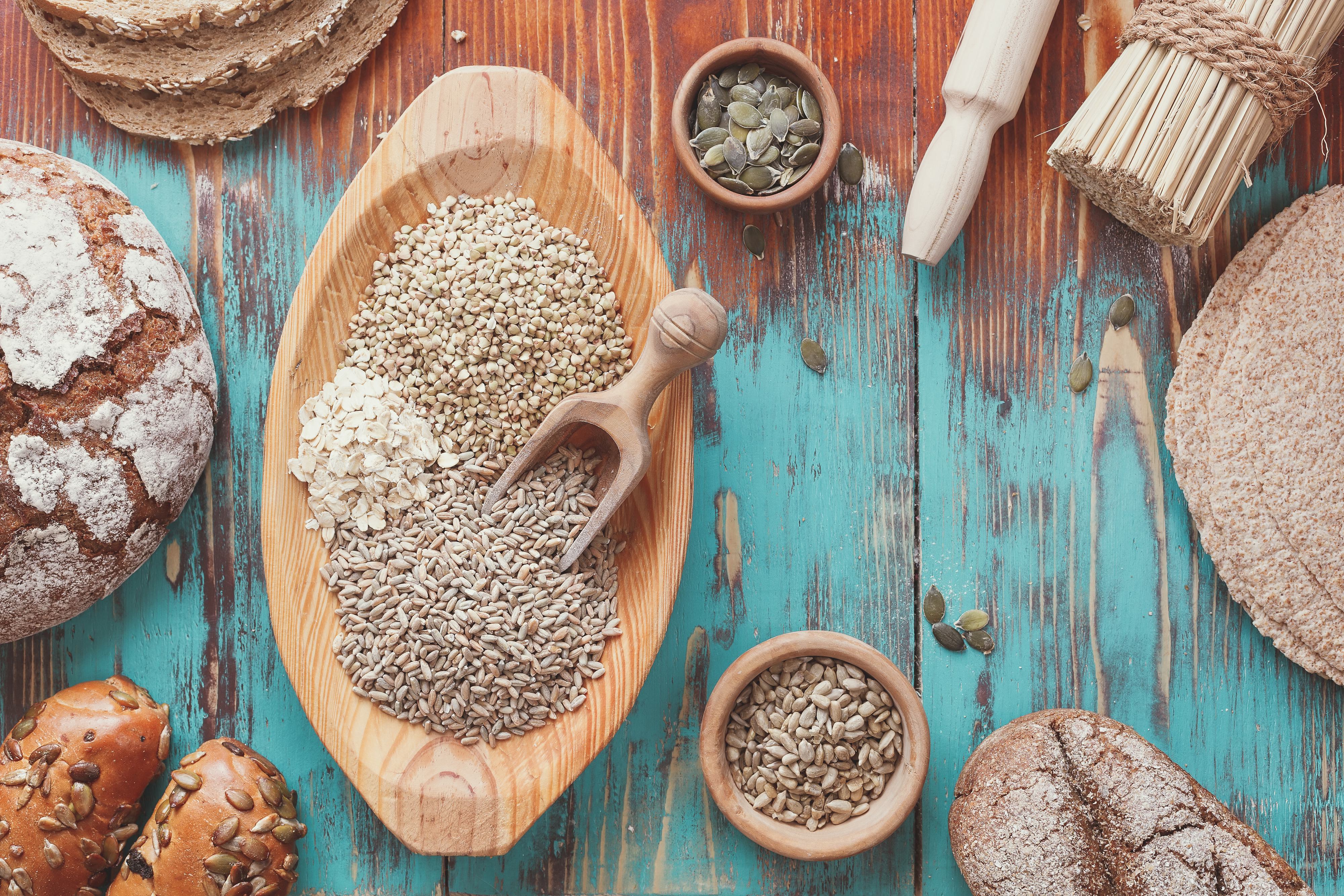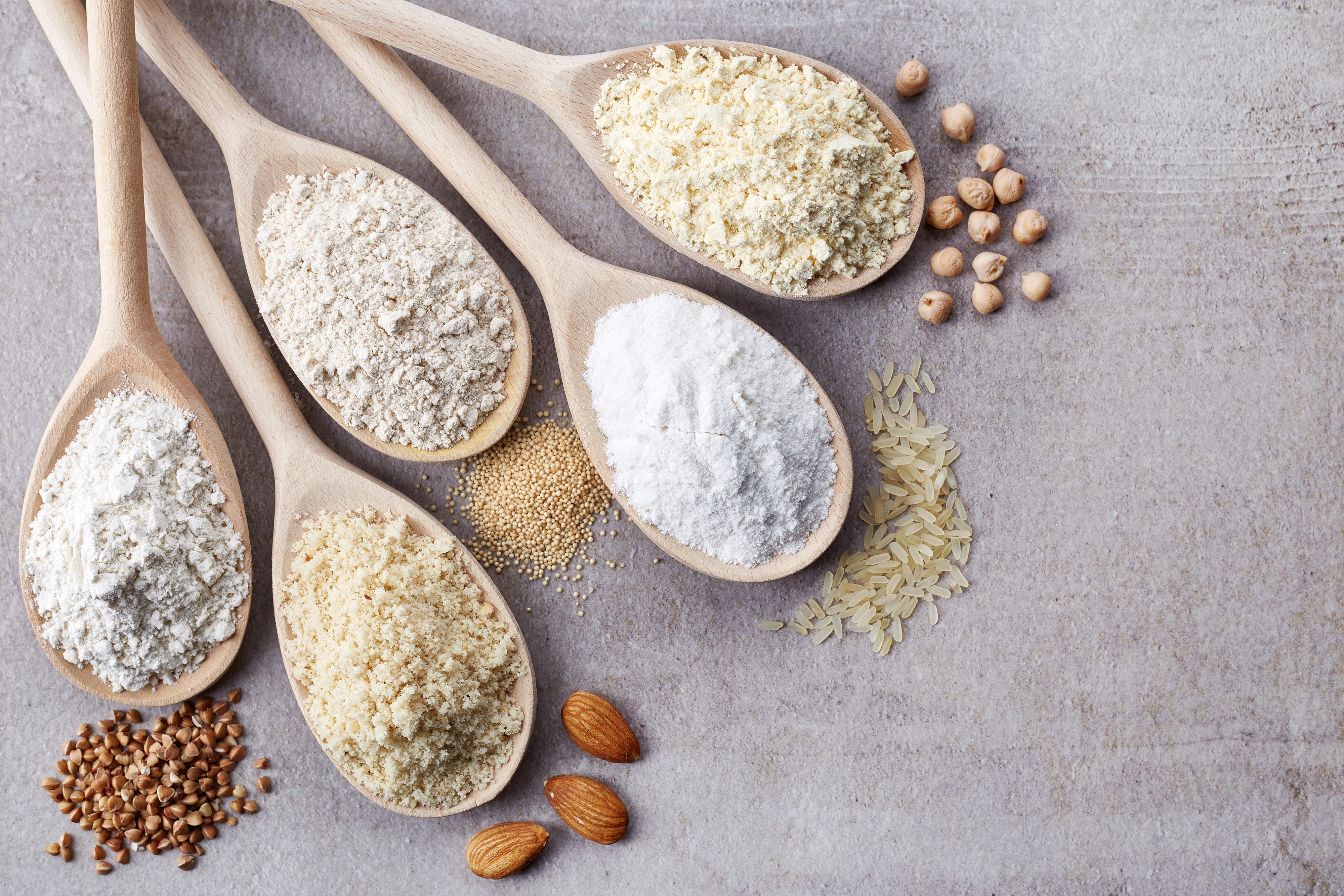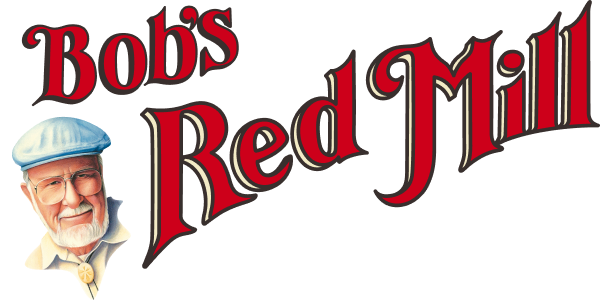If you or a friend are maintaining a gluten free diet, then youve probably wondered about oatmeal, and breakfast in general. Many breakfast foods are landmines in the gluten free community: namely, wheat-based biscuits, cereals, pancakes, pastries, donuts, oh my! Some of these we will give a resounding NO to, but in actuality, there are many grains that are safe to eat on a gluten free diet. For the most part, oatmeal is one of them. Notice that we said, for the most part. As with all foods, there are some concerns to take into consideration, and we have gathered all the information you need to know about whether oatmeal is safe for your gluten free diet or not!
What Is Gluten?
 Gluten is a protein found in several grain sources, namely wheat, rye, barley and triticale. If you havent heard of this last one, it is because triticale is a hybrid of rye and barley, so it is less familiar to most of us. Gluten helps baked goods rise. However, gluten is not found in other grain sources, like rice, buckwheat, corn or pure oats, so these grains will typically be safe for those with gluten intolerance. Fruits, veggies, meat and other foods are naturally gluten free, so they will also be safe for anyone with a gluten sensitivity unless they become cross contaminated.
Gluten is a protein found in several grain sources, namely wheat, rye, barley and triticale. If you havent heard of this last one, it is because triticale is a hybrid of rye and barley, so it is less familiar to most of us. Gluten helps baked goods rise. However, gluten is not found in other grain sources, like rice, buckwheat, corn or pure oats, so these grains will typically be safe for those with gluten intolerance. Fruits, veggies, meat and other foods are naturally gluten free, so they will also be safe for anyone with a gluten sensitivity unless they become cross contaminated.
Are Oats Gluten Free?
As we mentioned, oats themselves are naturally gluten free. However, as with all foods, there are also some concerns with oatmeal that gluten intolerant people will want to be aware of to avoid any issues or painful flareups. Although many oats are safe for gluten intolerant individuals, cross-contamination can occur in facilities or even in fields where wheat, rye or barley are also present. But if not all oats are safe for gluten free diets, the follow up question is whether oatmeal is gluten free!
Contamination
The main issue for oatmeal when it comes to gluten is contamination. While oats themselves do not contain any gluten proteins, it is very easy for them to become contaminated by grains that do. Large, big-box commercial rolled oats are often produced, processed or packaged in facilities that also handle other grains like wheat, barley or rye--all of which contain gluten. Many of these facilities deal with grains that are milled into small particles--like flour--so its quite easy for the oat products to be contaminated by other (gluten containing) grains.
Even if the oats are never in the same facility as grains that contain gluten, they could still be contaminated. A good portion of the oats in the United States are grown in fields near other grains, so there is the potential for contamination during the growing process, and this contamination is never fully eradicated during the processing stages. Wind and weather patterns, as well as other environmental factors, can actually change the amount of contamination in a product from season to season, even with the same exact farms. Thus, you may end up with an oatmeal containing 100% oats that still causes some issues for a person with celiac disease or a gluten sensitivity.
The standard set forth by the FDA for a Gluten Free stamp on your food products is 19 parts per million of grains that contain gluten.
UPDATE: DECEMBER 26, 2018
As always, Bobs Red Mill is dedicated to bringing you safe gluten free foods. Beginning in 2019, we now offer some products that are certified gluten free by the
Gluten-Free Certification Organization, a branch of the
Gluten Intolerance Group. You can identify these select products by the GFCO logo on the product packages. Other Bobs Red Mill gluten free products will continue to be tested and confirmed gluten free per our
strict gluten free protocols. You can identify these products by the red GF logo and the gluten free testing statement on the product packages.
Other Issues with Oatmeal and Gluten
Contamination isnt your only worry when it comes to ensuring that your oatmeal is gluten free. Oatmeal commonly comes in other flavors or varieties with added fruits, veggies or spices. These are delicious, but face the same risks that the oats do when it comes to gluten contamination. Youll want to make sure that none of the added ingredients contain gluten grains, but theres an additional step to take. Even fruits like apples and bananas, which do not naturally contain gluten, can still be in danger of that trace contamination from the fields or from the factories, so look for a gluten free stamp on all of your oatmeal to ensure you wont have any accidental issues.
Differences in Sensitivity Level
There are of course different sensitivity levels when it comes to gluten, which will change things as well. If you or your loved one has been diagnosed with celiac disease, this is typically the most extreme form of gluten intolerance with the most sensitivity to gluten contamination. If this is the case, then we would recommend avoiding all large commercial oatmeals, or oatmeals with additives, just to be on the safe side. Oat products that are labeled gluten free will be your best friend in the morning, though! If you have non-celiac gluten sensitivity, then you should just be aware of your own body and your own needs. You will always be safest if you look for the gluten free label, but there typically arent large amounts of gluten contamination in oatmeal, even if there is a little bit.
Be careful, though, as those weather patterns can make contamination vary from season to season; you may eat a certain oatmeal for years and then develop a negative reaction to a certain batch of it one day. If it is someone else who has a gluten sensitivity that you are cooking for, then we definitely recommend erring on the side of caution, as you never know their individual needs!
Cooking with Gluten Free Oatmeal
 Cooking gluten free oatmeal is exactly the same as cooking with regular oatmeal, as there is no actual difference in the oats themselves. Try some of our favorite oatmeal recipes with any kind of oatmeal that you buy! Of course, if you are cooking for a gluten intolerant person, then it is important to ensure that your recipe does not include any additional ingredients that contain gluten! Watch out for wheat, barley, rye and triticale: you should be safe as long as the recipe does not call for those grains in any form.
In addition to eating it by the bowl, oatmeal is a great alternative ingredient in gluten free baking as well! We love using oatmeal in place of wheat flours in gluten-free recipes like this delicious Wheat Free Oatmeal Cake and these Peanut Butter Oatmeal Cookies, all gluten free! The oatmeal helps ingredients stick together, a similar purpose to flour in most recipes, and it also crumbles in a delicious, chewy texture which is perfect for muffins, pies, and cookies!
Cooking gluten free oatmeal is exactly the same as cooking with regular oatmeal, as there is no actual difference in the oats themselves. Try some of our favorite oatmeal recipes with any kind of oatmeal that you buy! Of course, if you are cooking for a gluten intolerant person, then it is important to ensure that your recipe does not include any additional ingredients that contain gluten! Watch out for wheat, barley, rye and triticale: you should be safe as long as the recipe does not call for those grains in any form.
In addition to eating it by the bowl, oatmeal is a great alternative ingredient in gluten free baking as well! We love using oatmeal in place of wheat flours in gluten-free recipes like this delicious Wheat Free Oatmeal Cake and these Peanut Butter Oatmeal Cookies, all gluten free! The oatmeal helps ingredients stick together, a similar purpose to flour in most recipes, and it also crumbles in a delicious, chewy texture which is perfect for muffins, pies, and cookies!
Oat Intolerance
There is actually a small subset of the population of gluten intolerant people who also have an oat intolerance. The scientific community has conflicting opinions on whether this is simply due to trace contamination, but there have been studies that link some people to a more specific oat sensitivity. No food is 100% safe for everyone, so if you have any discomfort while eating oats, especially if you are trying out the gluten free labeled varieties, then consult with your doctor immediately. It may be the case that oats are simply not the best option for your body! When cooking for others, even if you know they are gluten intolerant, make sure to also question whether they are oat sensitive or not. Labeling your food in large group settings is always a good idea--you never know what someone may be sensitive to!
The short answer to the question of oats being gluten free is a resounding yes, however there are always considerations to think about if you have any kind of sensitivity. Due to their close nature in the field and in the factory, oats may have some gluten contamination that makes them unsuitable for your consumption if you have a gluten intolerance. The exact levels of contamination can vary, as can your sensitivity to them, so be careful, and look for the gluten free label if you are at all concerned about your intestinal abilities to process gluten. Try some of the delicious oatmeal recipes we shared above, and let us know which ones are your favorites by commenting below!
Sources:
https://universityhealthnews.com/daily/gluten-free-food-allergies/is-oatmeal-gluten-free/
https://www.allergicliving.com/2015/01/06/need-to-know-oats-and-the-gluten-free-diet-canada/
https://www.healthline.com/nutrition/gluten-in-oats



 Gluten is a protein found in several grain sources, namely wheat, rye, barley and triticale. If you havent heard of this last one, it is because triticale is a hybrid of rye and barley, so it is less familiar to most of us. Gluten helps baked goods rise. However, gluten is not found in other grain sources, like rice, buckwheat, corn or pure oats, so these grains will typically be safe for those with gluten intolerance. Fruits, veggies, meat and other foods are naturally gluten free, so they will also be safe for anyone with a gluten sensitivity unless they become cross contaminated.
Gluten is a protein found in several grain sources, namely wheat, rye, barley and triticale. If you havent heard of this last one, it is because triticale is a hybrid of rye and barley, so it is less familiar to most of us. Gluten helps baked goods rise. However, gluten is not found in other grain sources, like rice, buckwheat, corn or pure oats, so these grains will typically be safe for those with gluten intolerance. Fruits, veggies, meat and other foods are naturally gluten free, so they will also be safe for anyone with a gluten sensitivity unless they become cross contaminated.
 Cooking gluten free oatmeal is exactly the same as cooking with regular oatmeal, as there is no actual difference in the oats themselves. Try some of our favorite oatmeal recipes with any kind of oatmeal that you buy! Of course, if you are cooking for a gluten intolerant person, then it is important to ensure that your recipe does not include any additional ingredients that contain gluten! Watch out for wheat, barley, rye and triticale: you should be safe as long as the recipe does not call for those grains in any form.
In addition to eating it by the bowl, oatmeal is a great alternative ingredient in gluten free baking as well! We love using oatmeal in place of wheat flours in gluten-free recipes like this delicious Wheat Free Oatmeal Cake and these Peanut Butter Oatmeal Cookies, all gluten free! The oatmeal helps ingredients stick together, a similar purpose to flour in most recipes, and it also crumbles in a delicious, chewy texture which is perfect for muffins, pies, and cookies!
Cooking gluten free oatmeal is exactly the same as cooking with regular oatmeal, as there is no actual difference in the oats themselves. Try some of our favorite oatmeal recipes with any kind of oatmeal that you buy! Of course, if you are cooking for a gluten intolerant person, then it is important to ensure that your recipe does not include any additional ingredients that contain gluten! Watch out for wheat, barley, rye and triticale: you should be safe as long as the recipe does not call for those grains in any form.
In addition to eating it by the bowl, oatmeal is a great alternative ingredient in gluten free baking as well! We love using oatmeal in place of wheat flours in gluten-free recipes like this delicious Wheat Free Oatmeal Cake and these Peanut Butter Oatmeal Cookies, all gluten free! The oatmeal helps ingredients stick together, a similar purpose to flour in most recipes, and it also crumbles in a delicious, chewy texture which is perfect for muffins, pies, and cookies!